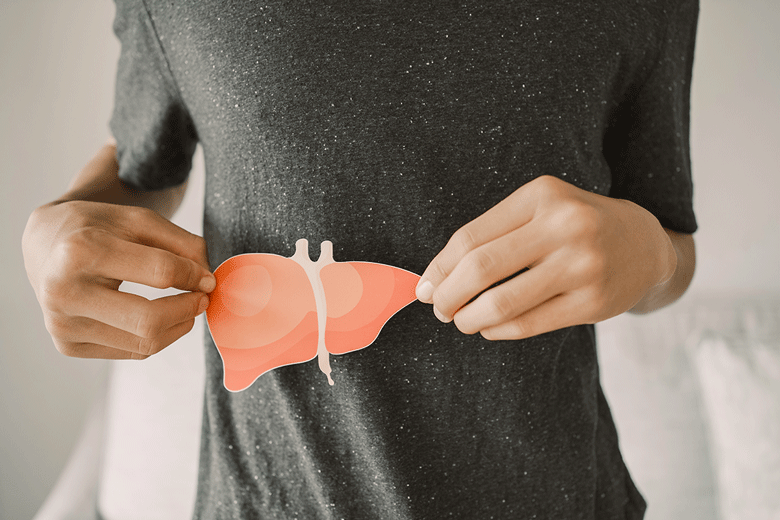Innovative Approach Shows Promise in Reducing Immunosuppression for Liver Transplant Patients

A groundbreaking medical approach may offer new hope to liver transplant recipients by potentially reducing their reliance on lifelong immunosuppressive medication. In a recent study led by senior researcher Angus Thomson, a professor of immunology and surgery at the University of Pittsburgh School of Medicine, an innovative strategy aimed at priming transplant recipients’ immune systems is showing early promise.
The technique involves preparing transplant recipients for liver tissue from living donors by infusing them with specific immune system cells from the donor a week prior to the transplant. The goal is to minimize the recipient’s immune system’s response to the new “foreign” liver. In a preliminary study involving 13 patients who received liver tissue from living donors, the approach was found to be both safe and feasible.
Remarkably, one year following the transplant, these patients exhibited signs of a modified immune response to the donor liver, suggesting the potential for a reduction in the doses of immune-suppressing medication or even discontinuation. An expert not involved in the research commented that these findings are “encouraging” and emphasized the significance of any strategy that can diminish the need for immune suppression in transplant patients.
The Role of Immunosuppression
Immunosuppression plays a crucial role in the long-term health risks faced by transplant recipients, including susceptibility to infections, various cancers, and kidney and heart diseases. While it remains uncertain whether the immune cell infusion will ultimately enable patients to cease their anti-rejection drugs due to the complexity of the immune system, any method that could at least reduce their dependence on immune suppression would have substantial benefits.
In the United States, most liver transplants are sourced from deceased donors. However, some transplants involve living donors, typically relatives or friends of the recipient. The liver is unique among human organs in its regenerative capacity, enabling donors to provide a portion of their liver, which then regrows to full size in both the donor and recipient.
In this recent study, Thomson and his team set out to create a more favorable immune system environment for the donor liver ahead of the transplant. Donors provided a blood sample, from which researchers isolated monocytes, a type of white blood cell. In the laboratory, these monocytes were encouraged to form regulatory dendritic cells (DCregs), which play a crucial role in orchestrating the immune response.
Early results are promising
Each transplant recipient received an infusion of their donor’s DCregs one week before the transplant, with standard immune-suppressing medication administered as usual afterward. Safety was a paramount concern, and fortunately, there was no evidence of any non-specific dampening of immune responses in the 13 patients who underwent this innovative treatment.
Moreover, promising signs emerged when examining the patient’s immune system activity. Those who received DCregs showed a reduction in specific immune system cells associated with an elevated risk of transplant rejection.
Patients in the study are set to undergo tests at the one-year mark to assess the status of their new liver. Based on these results, the transplant team will determine whether it is safe to reduce their immune-suppressing medication. Larger studies conducted at multiple medical centers will be necessary if these initial findings hold.
Interestingly, the infused DCregs persisted in the patients’ bodies for only a few days. However, prior lab research indicates that this short duration may be sufficient. The donor DCregs release tiny particles called exosomes, which facilitate communication between cells and appear to instruct the recipient’s immune cells to modulate their response to the donor’s liver.
While more research is needed, the early results are promising and could potentially transform the landscape of organ transplantation in the future.
Sources
